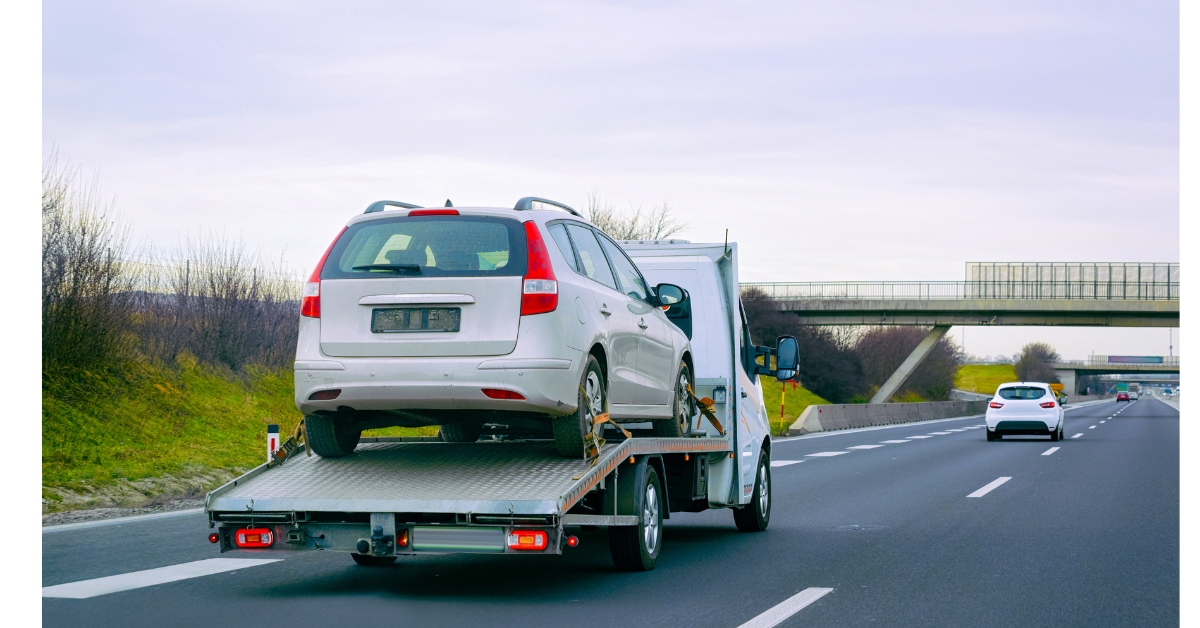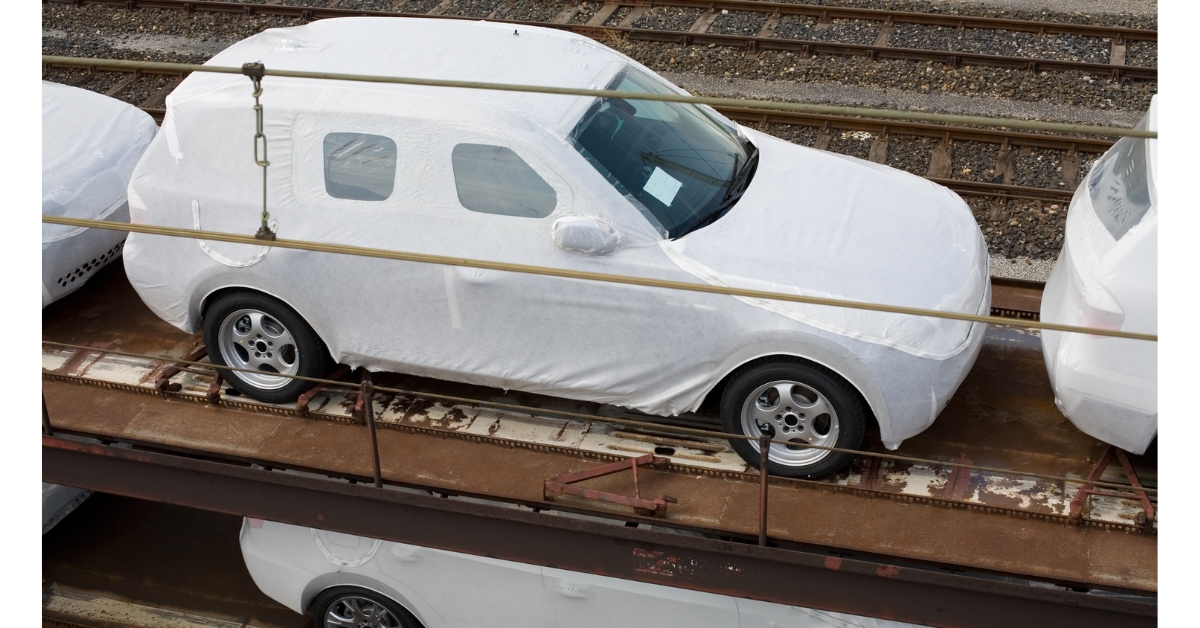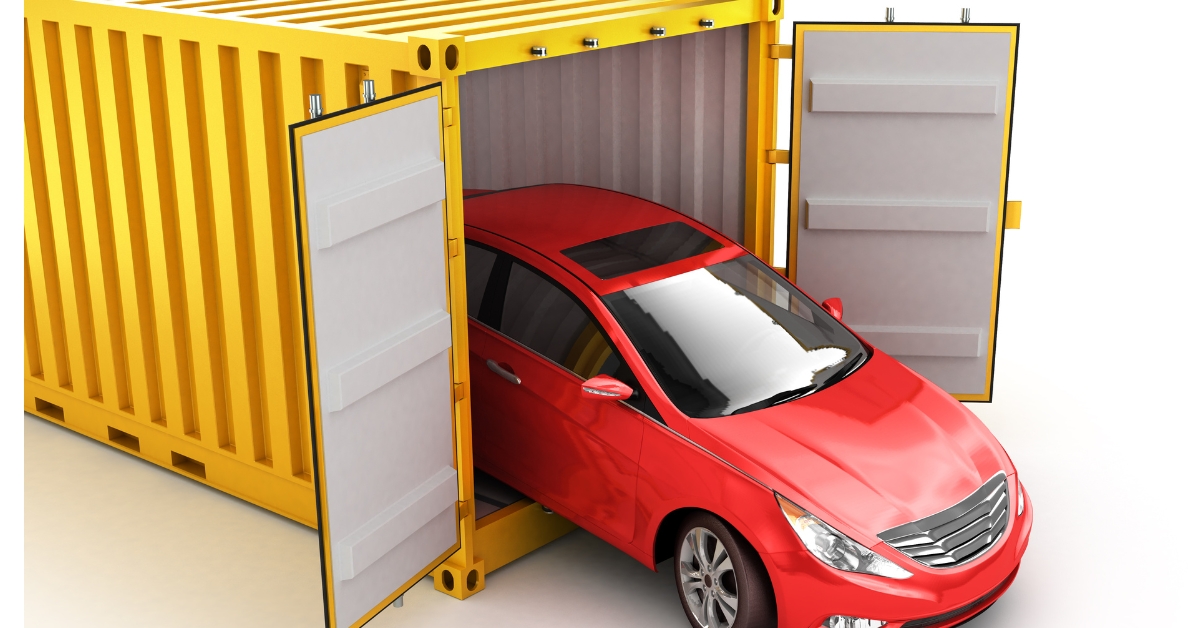For the automotive industry, transporting raw materials and finished vehicles is as critical as innovation on production lines and plant operations. Rail transport, especially with advanced transload facilities, stands at the forefront of this effort.
According to the Association of American Railroads, railways handle more than 75% of new cars and passenger trucks in the United States each year, showcasing their capacity and reliability.
Explore how transload facilities enhance premier rail services, providing substantial fuel efficiency, cost reductions and a smaller environmental footprint.
Superior Advantages of Transload Facilities
What is a transloading facility?
A transloading facility is a specialized logistics hub for transferring vehicles between different modes of transportation — from rail to truck, truck to sea or any combination of transportation methods. Transloading facilities are essential for shipments that require multiple types of transport to reach their final destinations.
Transloading allows companies to leverage the benefits of each mode of transport, such as the efficiency of rail for long distances and the flexibility of trucks for last-mile delivery, making it an ideal solution in complex supply chains.
Advantages of Transload Facilities
Efficiency and Scale
According to the International Tax Review, production delays or downtime can have substantial effects, including contract breaches, potential compensation payments, increased freight costs due to rerouted deliveries and rising fuel prices.
Transload facilities mitigate these risks by offering flexible routing and quick access to multiple transport options, helping maintain reliable delivery schedules even when disruptions occur.
By reducing the impact of these delays, transload facilities help companies avoid costly production disruptions and maintain efficient, timely logistics.
Cost Savings
Utilizing transload facilities for rail logistics solutions can significantly cut transportation costs by allowing for more economical transportation options depending on the product type and final destination. This includes utilizing the rail network for most of the journey and switching to trucks for final delivery to distribution centers.
Environmental Impact
Transload facilities contribute to sustainability by maximizing rail — North America’s most fuel-efficient ground transportation. The rise of renewable fuels and sustainable aviation fuel, supported by rail’s extensive reach, underscores rail’s role in reducing transport-related emissions.
The Role of Intermodal Solutions in Enhancing Automotive Logistics
Reaching Remote Destinations
Transload facilities are crucial components of intermodal logistics, connecting different parts of the transportation network and making it possible for goods to reach inland or otherwise inaccessible destinations.
FLEXRail’s transload facilities bridge the gap, enabling seamless transfers from rail to truck or vice versa, so products can continue their journey to final destinations without interruption.
These facilities connect major ports, expanding reach across North America and ensuring that automotive parts and finished vehicles move efficiently, regardless of location.
Experience the Best of Both Worlds in Automotive Logistics
By combining efficient long-haul rail transport with flexible trucking for final delivery, FLEXRail’s multi-modal solutions can maximize efficiency for automotive logistics.
These solutions enable automotive parts and finished vehicles to travel significant distances by rail and complete their journey by truck — ideal for reaching locations without direct rail access.
With convenient storage options, automotive clients can securely hold their products at our facilities until they are ready for final delivery, ensuring a seamless flow even during production peaks or delays.
Whether it’s bulk shipments, time-sensitive parts, or oversized automotive components, FLEXRail’s solutions adapt to the diverse and specific needs of the automotive industry.
Tailored Solutions for the Automotive Sector
FLEXRail’s transload facilities are well-equipped to handle various cargo types specific to automotive logistics, such as large vehicle components, hazardous materials and time-sensitive deliveries.
Our facilities are outfitted with conveyors, cranes, forklifts and specialized equipment to handle the precise needs of automotive cargo.
From heavy machinery and dry bulk to specialized items like steel beams, our transloading process ensures that each item is securely transferred between transportation modes, streamlining automotive logistics with speed and reliability.
The versatility of our transloading solutions enables FLEXRail to meet the unique demands of the automotive industry, providing a seamless and efficient transition between transport modes and ensuring that goods reach their destinations on time.

FLEXRail’s Advanced Operations at Transload Facilities
Tailored Solutions to Meet Your Goals
At FLEXRail, we understand that every business has unique logistics requirements. We meet each client’s specific time, cost, transportation and visibility needs through our transload and multi-modal solutions.
Whether you need efficient bulk shipping, intermodal containers or the ability to expand market reach, our services can help you achieve your goals.
With a bundled rate covering all services, FLEXRail takes care of the logistics details, from inventory management to cross-docking, allowing you to focus on growing your business.
Innovative Technologies
FLEXRail’s commitment to innovation is evident in the advanced technology at our transload facilities. We leverage leading wireless, software and hardware technologies to provide visibility and analytics on finished vehicle shipments and workforce activities.
The system is hosted in the cloud for secure and convenient access to web applications on any internet-connected computer. It can also be co-hosted on client-owned servers.
The inventory management system helps track inventory, enabling you to optimize your supply chain and avoid stockouts. By streamlining operations, you can achieve better accuracy and efficiency, improving customer satisfaction.
Our extensive network of transportation providers includes railroads, trucking companies and specialized transload services, allowing for seamless operations and efficient movement of goods.
Safety and Compliance
Safety and regulatory compliance are paramount at FLEXRail, especially when managing shipments across Mexico, Canada and the United States borders. Our transload facilities guarantee adherence to rigorous safety standards.
Whether transporting hazardous materials, bulk goods or delicate items, our transload services manage every shipment with the highest level of care and compliance, offering customers peace of mind throughout the journey.
Commitment to Customer Satisfaction
We commit to customer satisfaction in every aspect of our operations. FLEXRail’s transloading facilities can handle the complexities of modern logistics with premier rail services, ensuring efficient rail yard management, streamlined railcar maintenance and optimized rail logistics solutions.
By providing bundled, hassle-free rates, we simplify the logistics process, letting customers benefit from excellent support and a seamless logistics experience that adapts to evolving needs.
Partner With FLEXRail for Your Transloading Needs
The strategic use of transload facilities dramatically improves automotive logistics by enhancing cost efficiency, operational flexibility and environmental sustainability.
We leverage cutting-edge rail technology, comprehensive rail maintenance services, and a network of trusted partners, positioning us as a leader in the logistics industry.
Our transload facilities provide a competitive edge, ensuring products are transported efficiently and responsibly across North America.
Integrate FLEXRail’s transload facilities into your supply chain strategy to boost efficiency and sustainability.
Contact FLEXRail today to learn how our transload and multi-modal services can transform your logistics operations into a streamlined, cost-effective and environmentally conscious system.




0 Comments